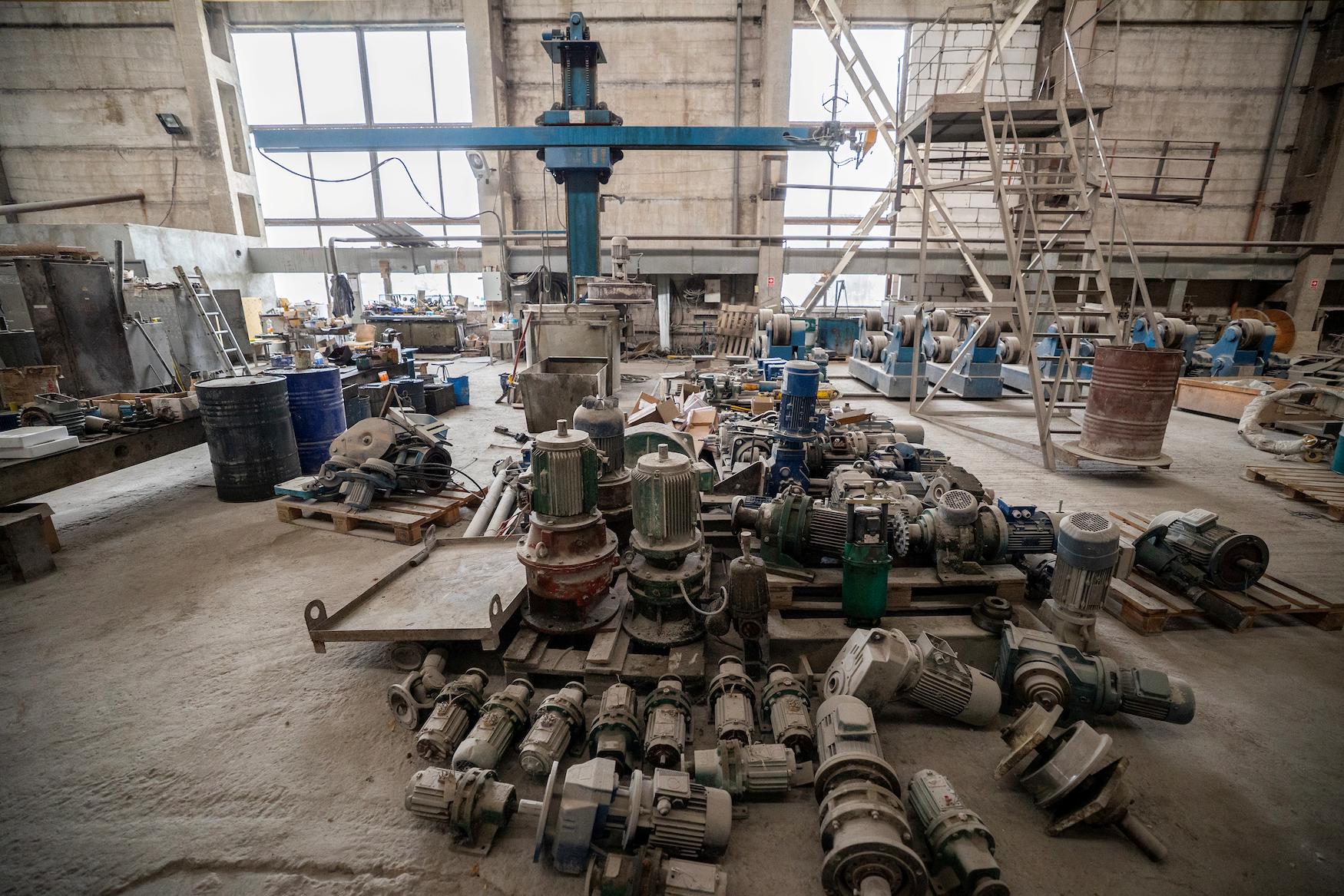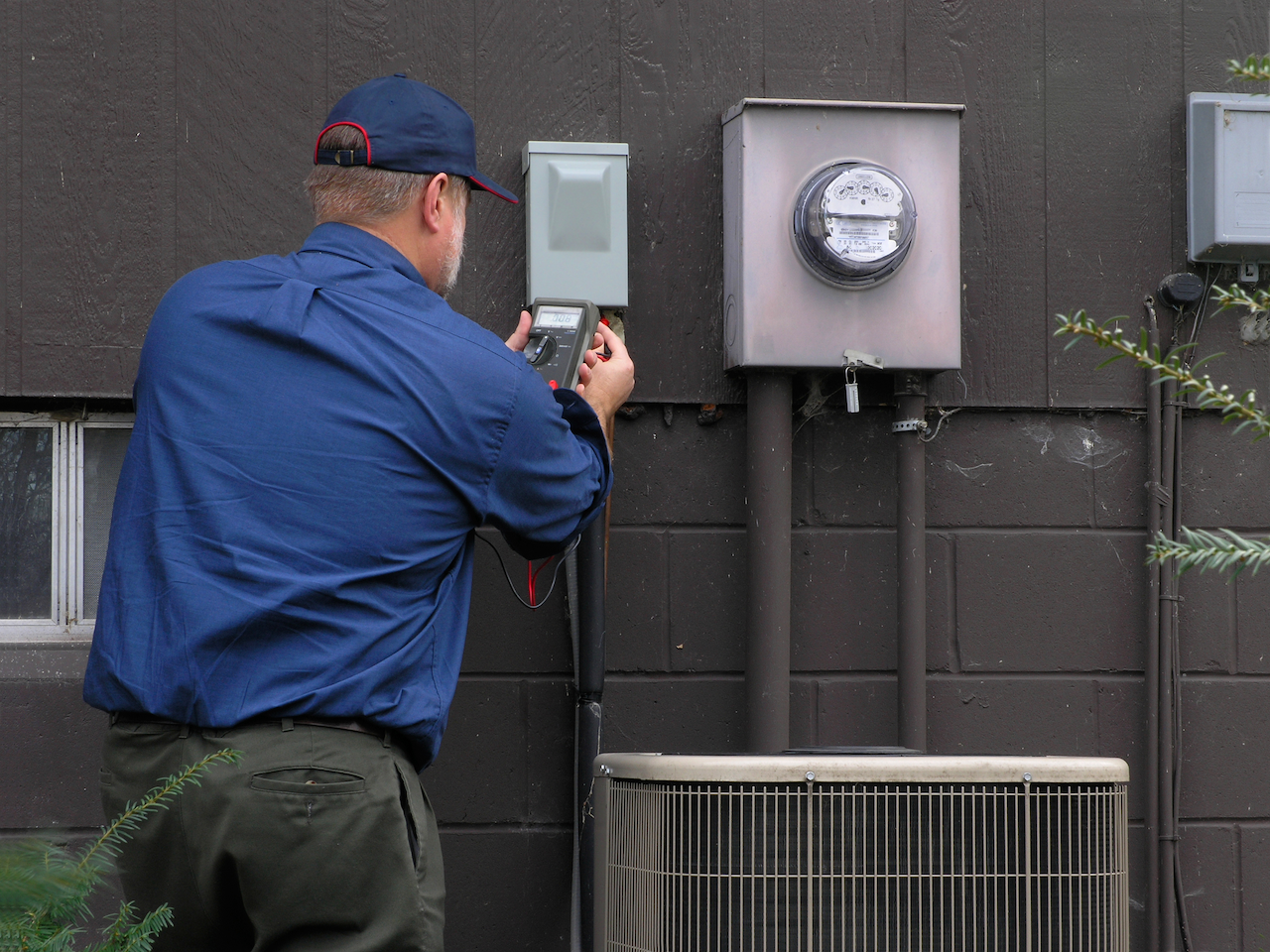You’ve worked hard for years to build your manufacturing business. Maybe you started with just a small team and a few machines, but over time you grew it into something special. Your company supports your family, gives jobs to your employees, and plays a big part in your community.
Now, you’re thinking about retirement. But how do you walk away from your business without letting down your team or losing what you worked so hard to create? Many people think you have to sell to a giant company that might shut things down or to a group that only cares about quick profits.
Good news—there’s a better way. You can retire in as little as 90 days and know your business will keep going strong.
A Better Way to Sell Your Business
Most business sales take a long time and cause a lot of stress. Deals can drag on for months or even fall apart at the last second. Some buyers want you to stick around for years, helping out before you can truly retire.
Our system is different. We buy your manufacturing business in a way that keeps it running the way you want. The most important part is our CEO-in-Residence program.
What Is the CEO-in-Residence Program?
We know that a good boss is key to keeping your shop running right. Our CEO-in-Residence program finds the right person to lead your team after you retire. These folks aren’t looking to make a quick buck—they want to help your business keep growing for years to come.
Here’s what the program means for you:
● Smooth Change in Leadership:
We bring in a new boss who’s ready to take over from day one. No confusion, no delays, and no worries about who’s in charge. Your team and customers won’t notice any bumps.
● Keeping Your Company Culture:
We pick someone who fits in with the way your team works. We’re not here to change what makes your business great.
● No Big Shocks:
The new boss will stick to what works, while also bringing new ideas to help the business grow. Your employees, customers, and suppliers will be in good hands.
This way, you get a plan that works for you and sets your business up for the future.
Peace of Mind for You and Your Team
Selling your business is about more than just the money. You care about what happens to your workers, your good name, and your own future.
Giving You a Secure Retirement
You shouldn’t have to wonder if you’ll have enough money to retire. We keep things simple. You get paid in full and up front—no guessing, no complicated deals, and no leftover worries about being paid over time. You’ll know exactly what you’re getting, and you can step into retirement for good.
Looking Out for Your Employees
Your staff is like family. Many of them have worked by your side for years. The last thing you want is for new owners to lay people off or move the business out of town.
We see your workers as your most valuable asset. Our CEO-in-Residence program is designed to keep your people employed and help them grow their careers. When we buy your business, keeping the team together is a top priority, so you can retire knowing everyone is taken care of.
How the 90-Day Exit Plan Works
Wondering how you can be done in just three months? Here’s a simple breakdown of the process:
Step 1: First Meeting (Days 1–15)
We start with a simple, no-pressure chat. We get to know you and your goals. We’ll look at your business—how it works, your products, and your people—to make sure it’s a good match for our approach.
Step 2: The Offer (Days 16–30)
If everything lines up, we make you a straight-forward offer. No confusing paperwork or hidden strings attached. You’ll know exactly what you’ll get and when.
Step 3: Checking the Details (Days 31–75)
We’ll ask for some important info about your business, like finances and equipment lists, but we keep this process as quick and easy as possible. During this time, we finish picking your replacement boss. You’ll even get to meet them before things are final.
Step 4: Final Steps and Handover (Days 76–90)
We finish the paperwork, and you get your payment. The new boss steps in, and you walk away—unless you want to stick around for a short time to help show them the ropes. Either way, you can be fully retired in just 90 days.
Protect Your Legacy
You shouldn’t have to spend your retirement worrying about what will happen to your business and your people. With a simple, honest plan in place, you can walk away proud of what you’ve built and secure about your future. Our 90-day exit plan is designed to help manufacturing owners like you finish strong and start enjoying retirement sooner.
If you’re ready to talk about how this could work for you, let’s start a simple conversation and see if it’s a good fit. You, your team, and your business deserve it.
Notice: For general educational and informational purposes only; not to be relied upon as financial, tax, or legal advice. Financial decisions carry inherent legal, tax, and other risks. Past performance is not a guarantee of future results. Use of this content creates no relationship with us, and we are not liable for any losses or damages from your use of this information. ANY WARRANTIES, EXPRESS OR IMPLIED, ARE HEREBY DISCLAIMED. You use this content at your own risk.









